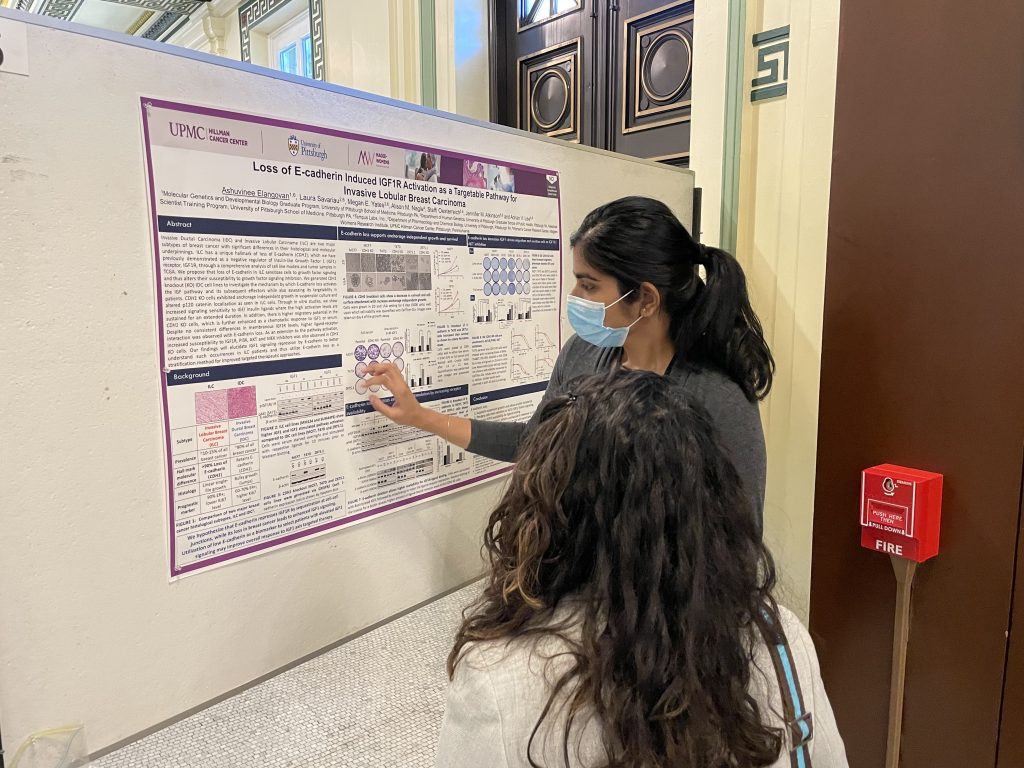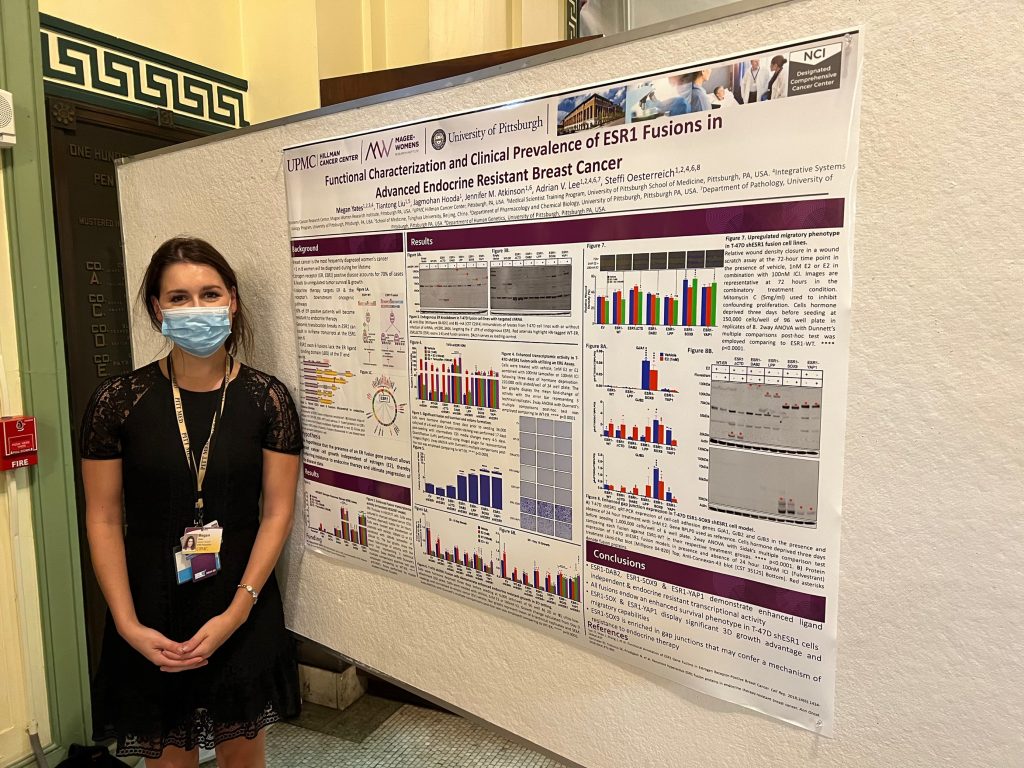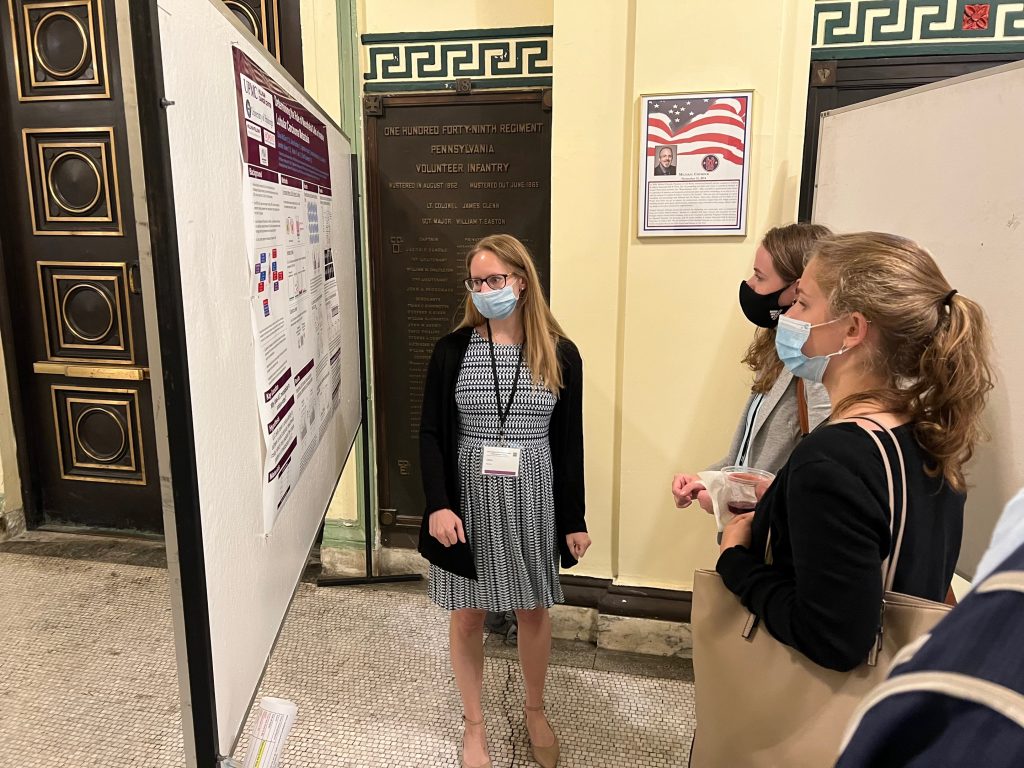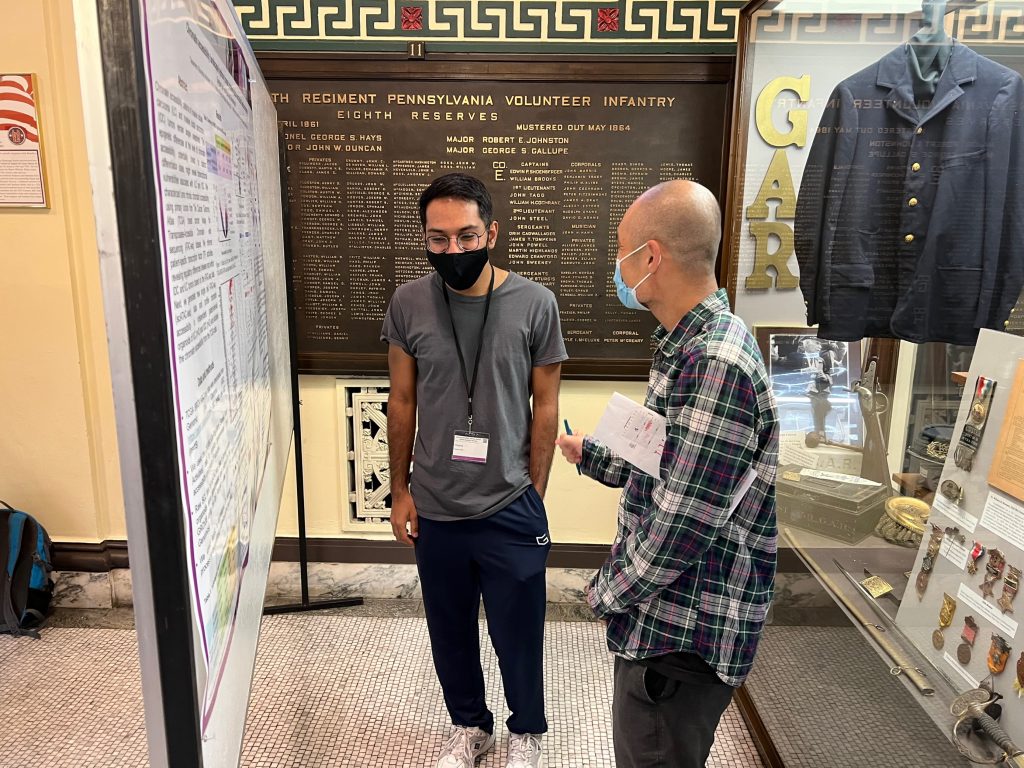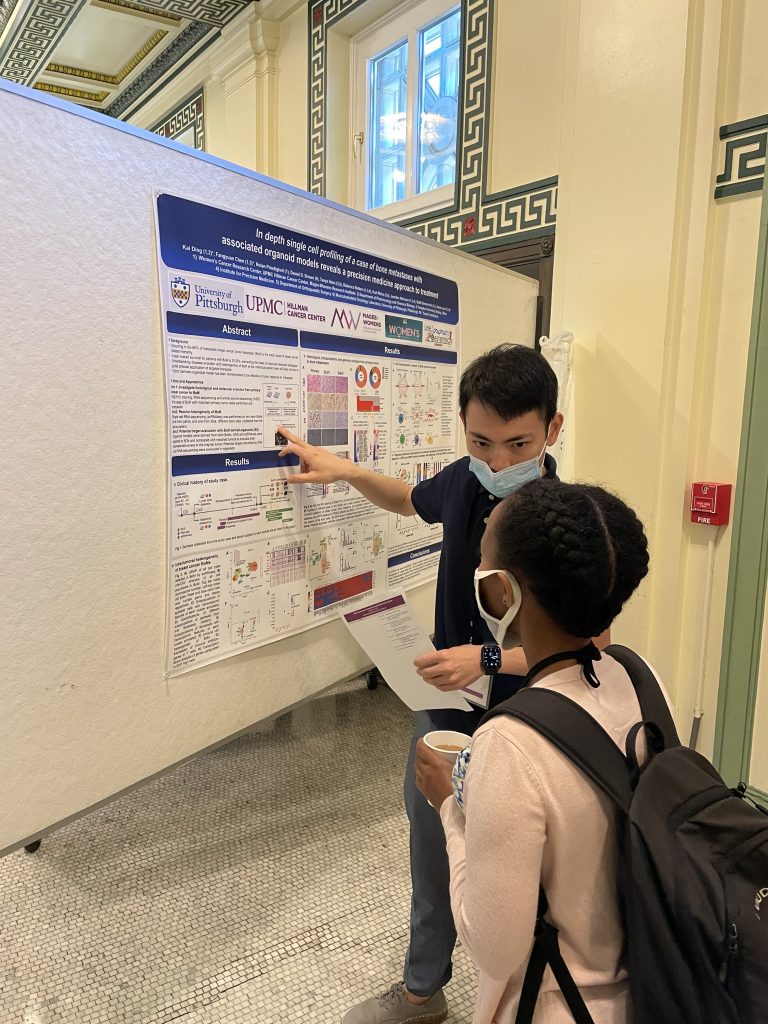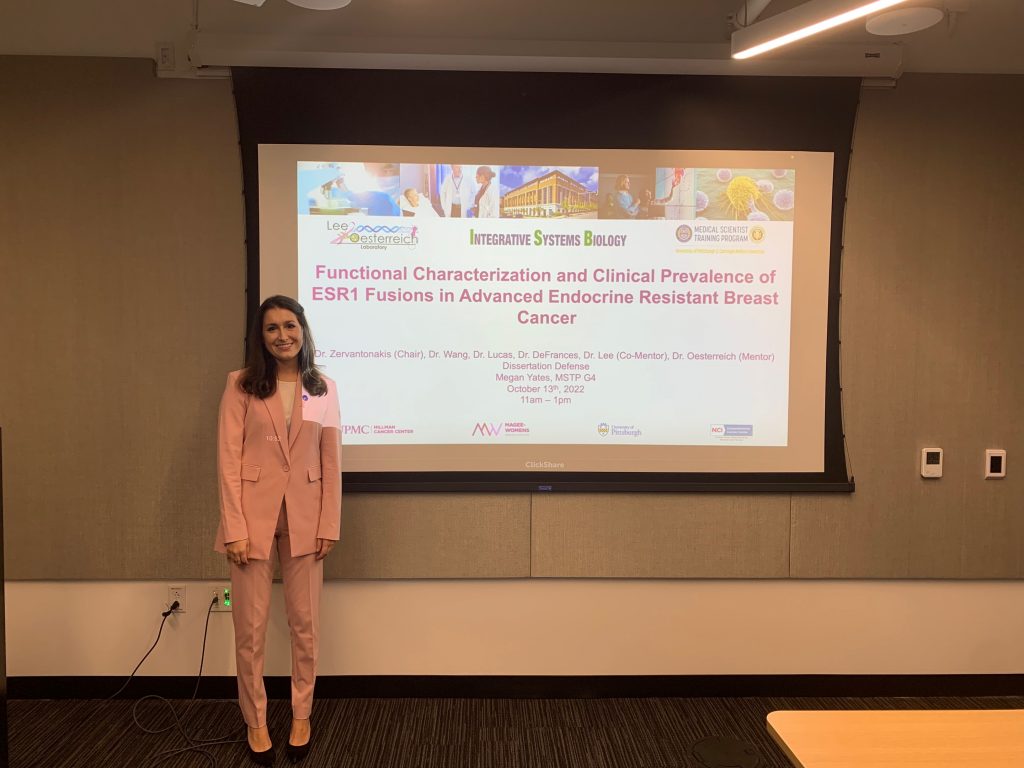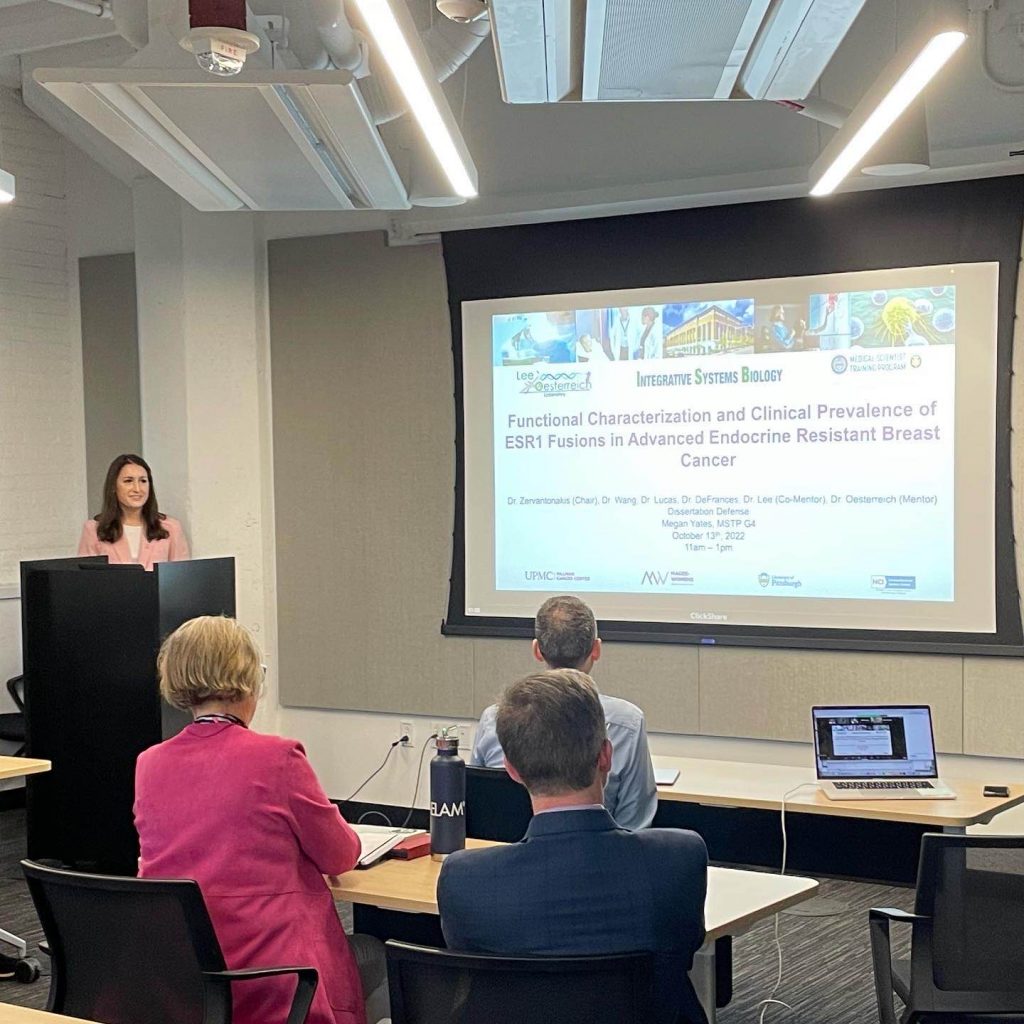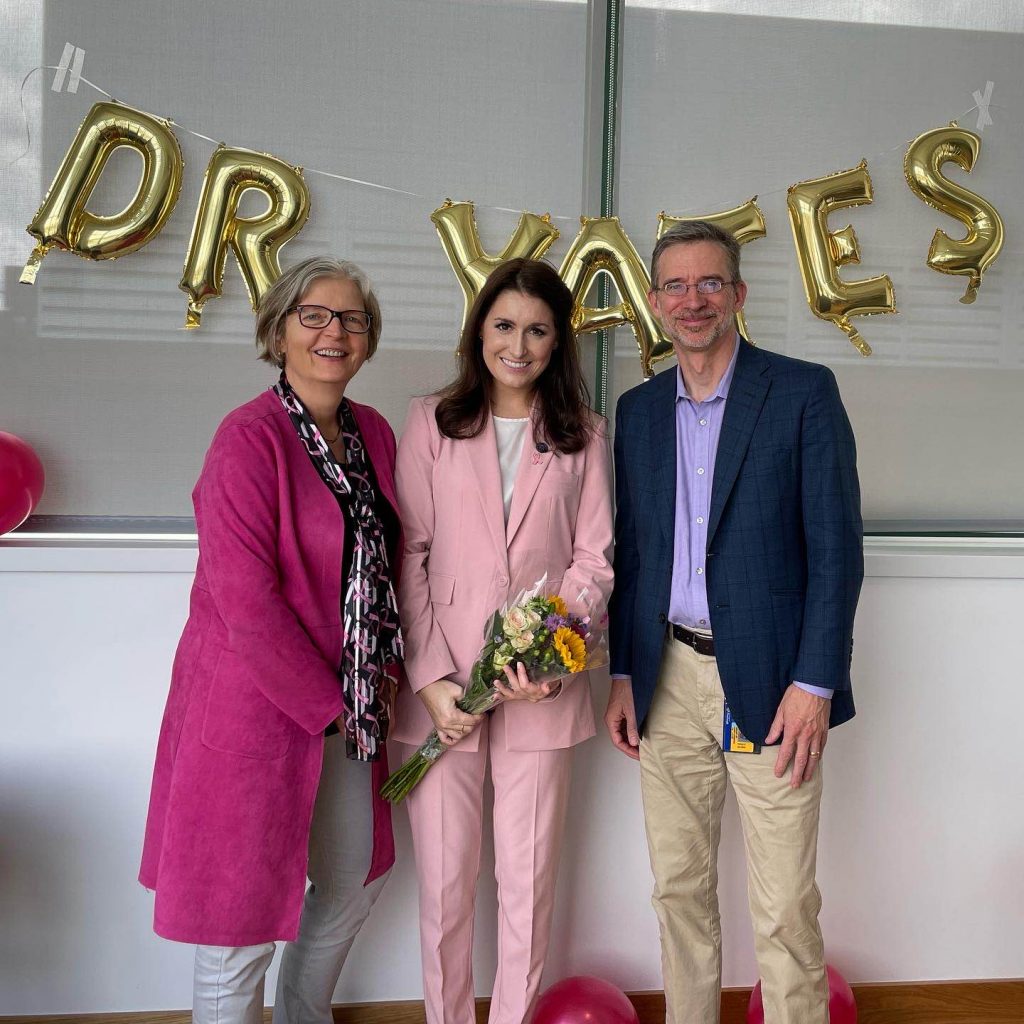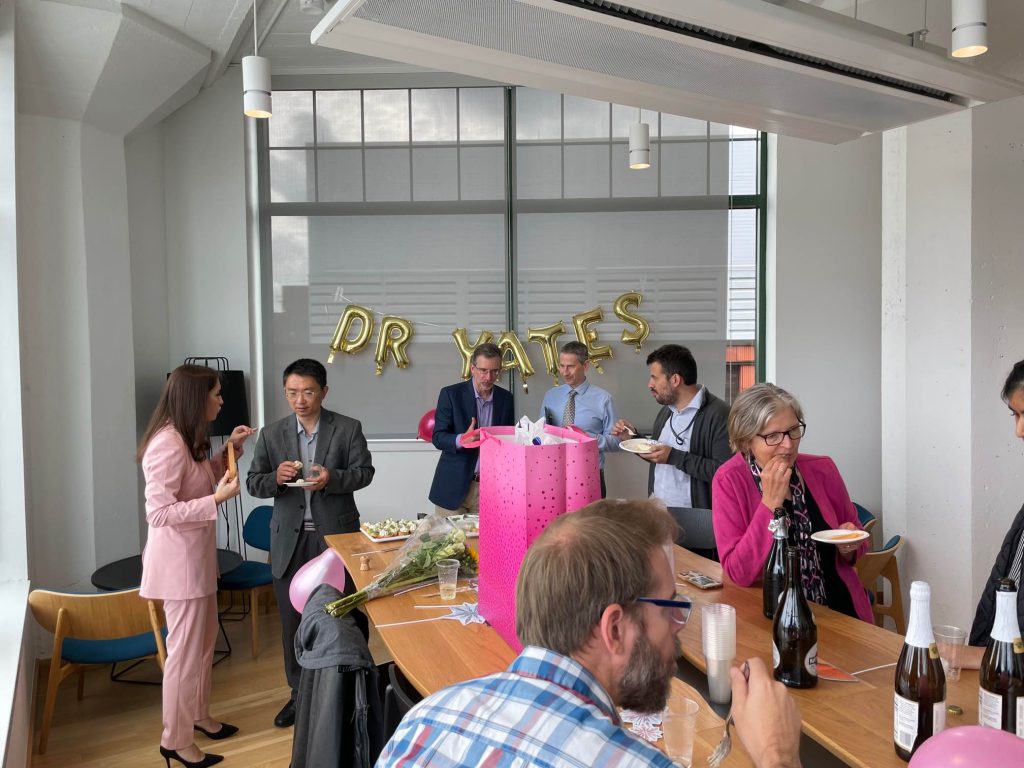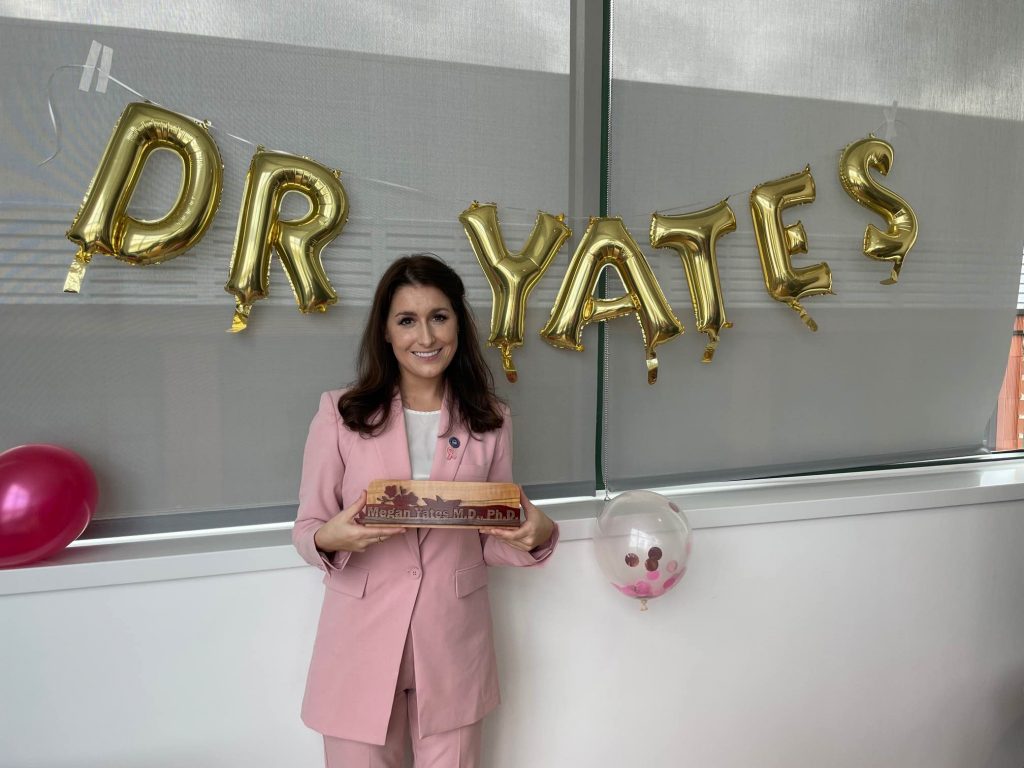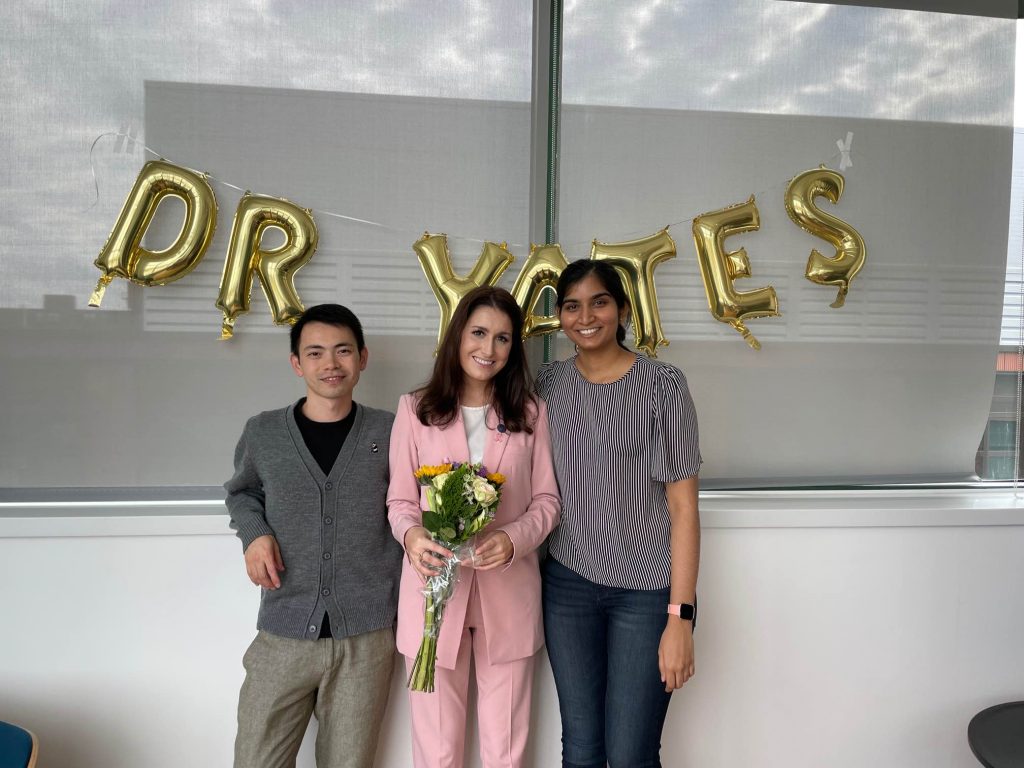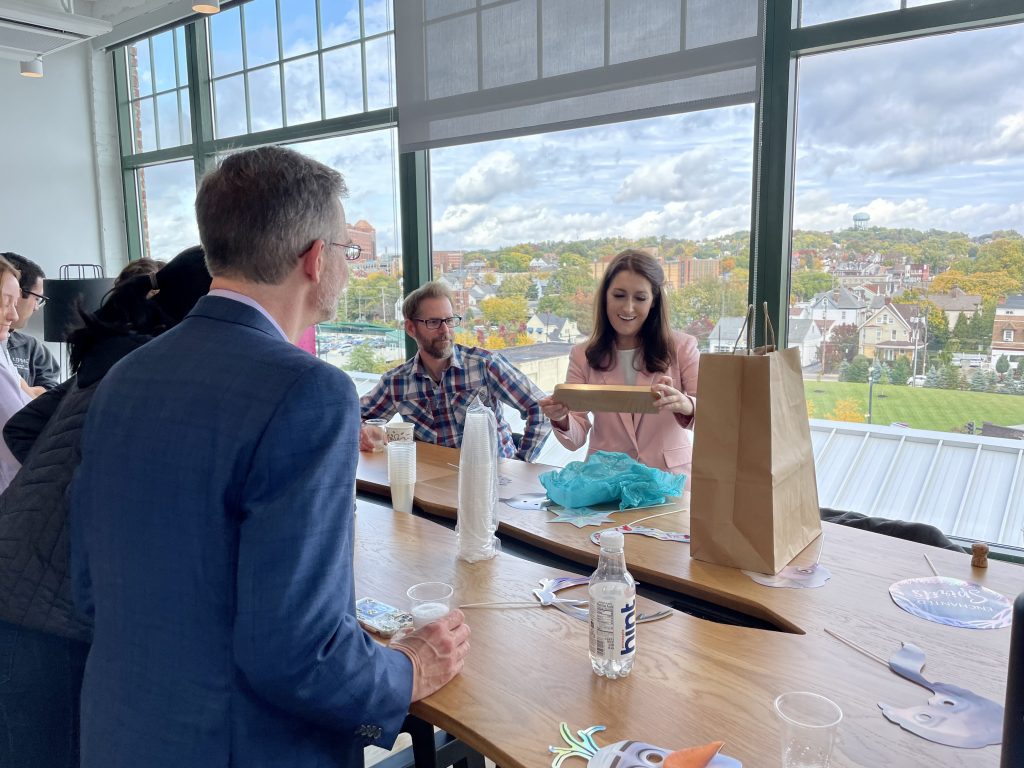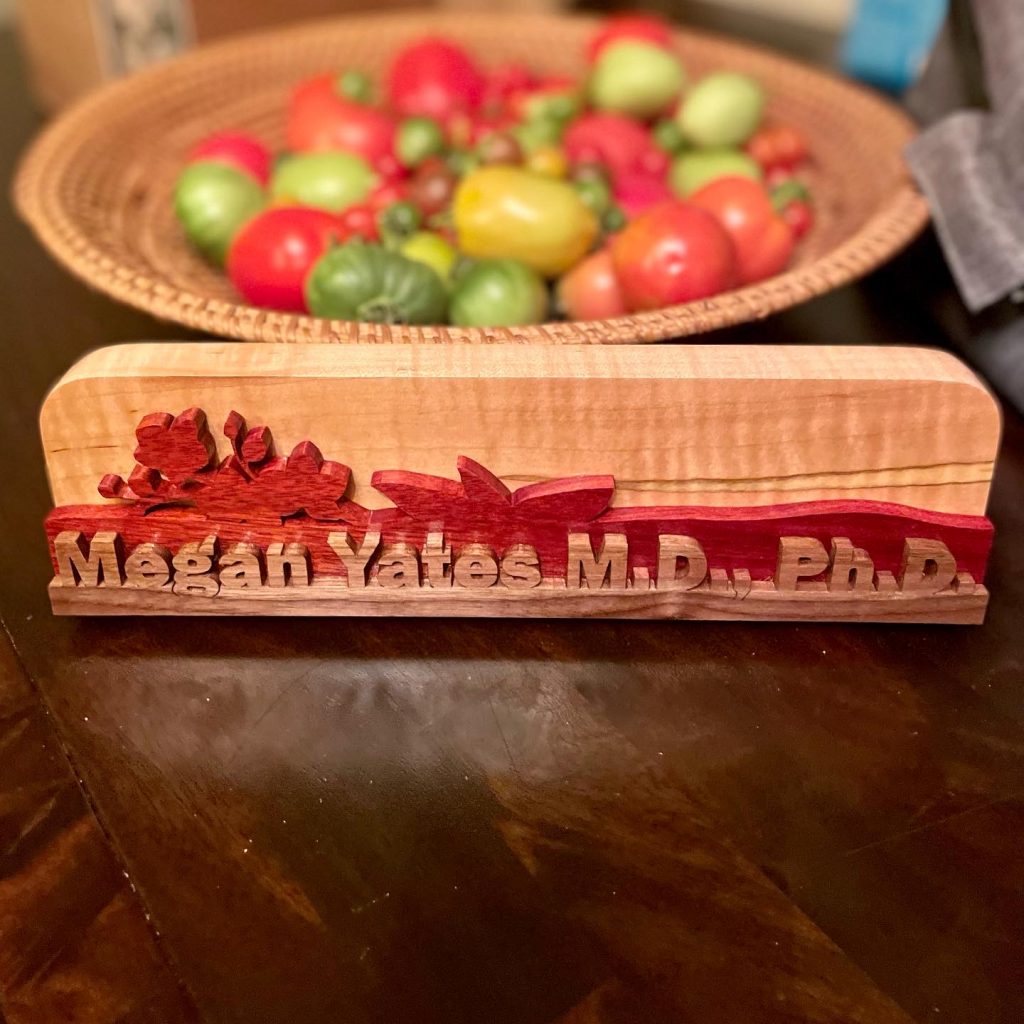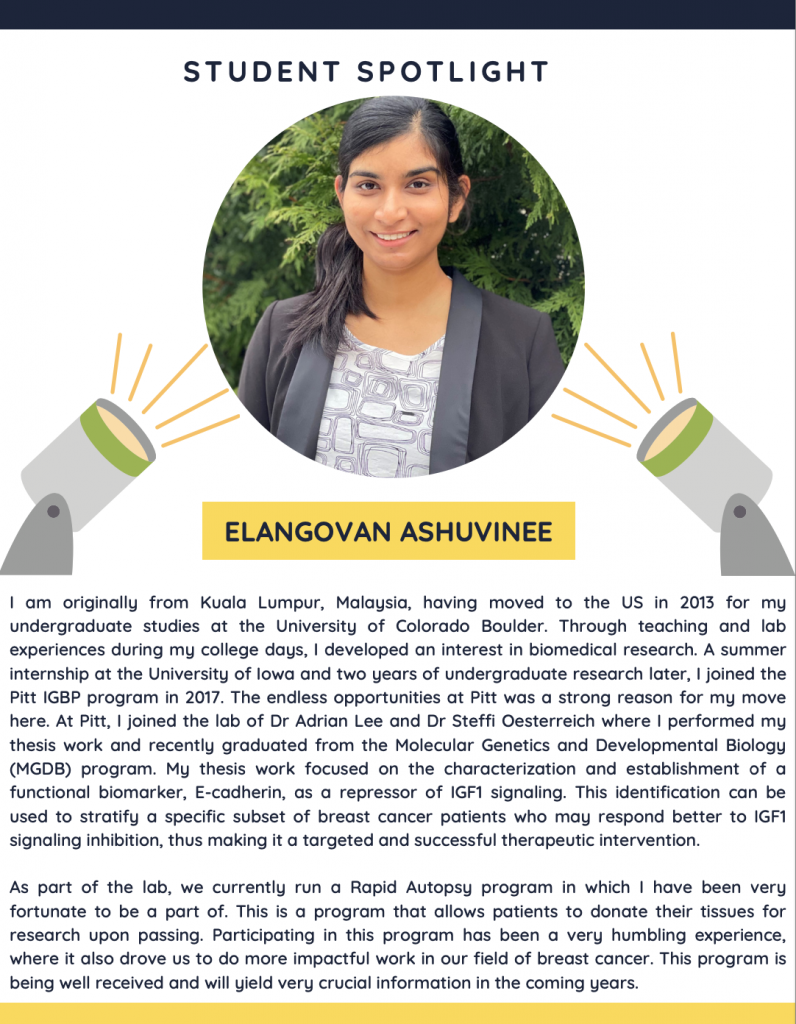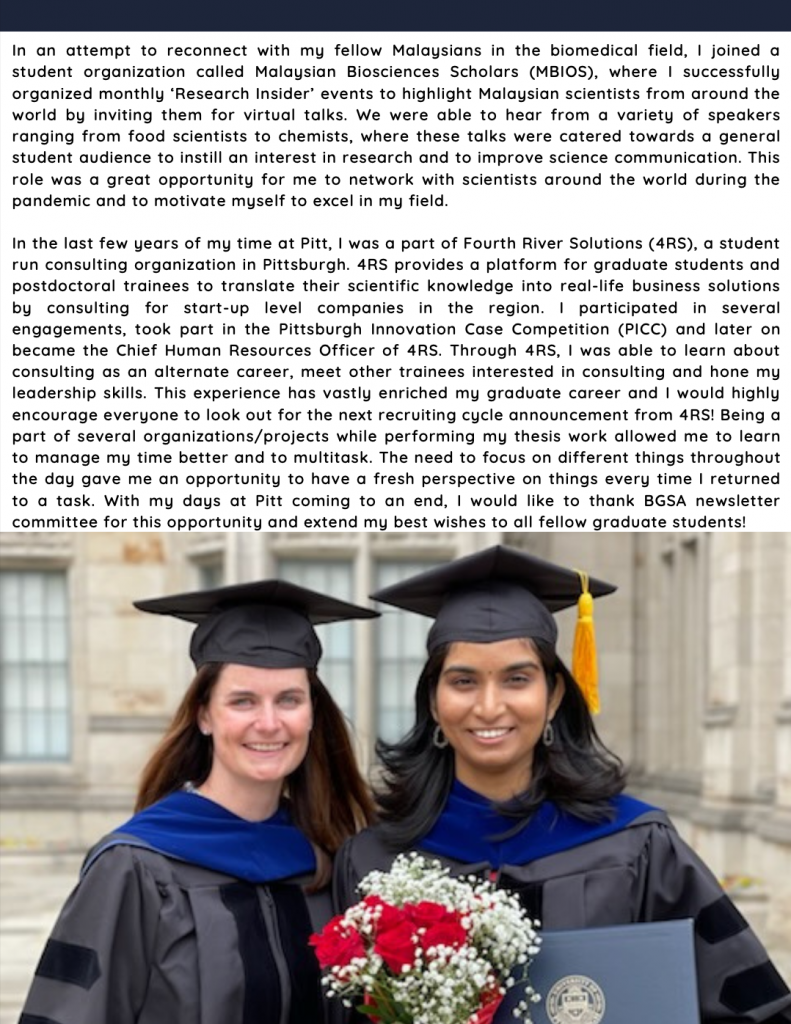Congrats to Dr. Steffi Oesterreich for winning the 2022 Theresa’s Leadership Award in Basic Science!
Dr. Oesterreich was awarded the 2022 Theresa’s Leadership Award in Basic Science from Theresa’s Research Foundation at this years MBCRC conference. Thanks to all in the lab and alumni for making this happen.
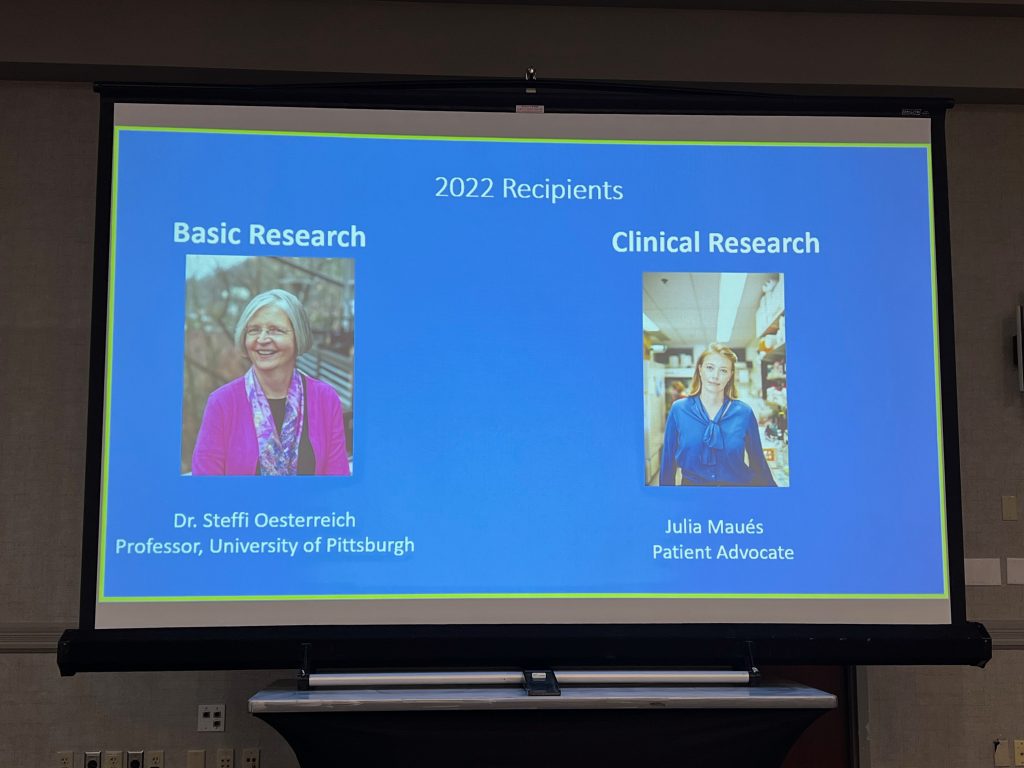
Kai Ding was awarded his Ph.D. after defending his dissertation “Multi-omics profiling of breast cancer metastases to identify drivers and mechanisms of endocrine resistance for precision medicine”
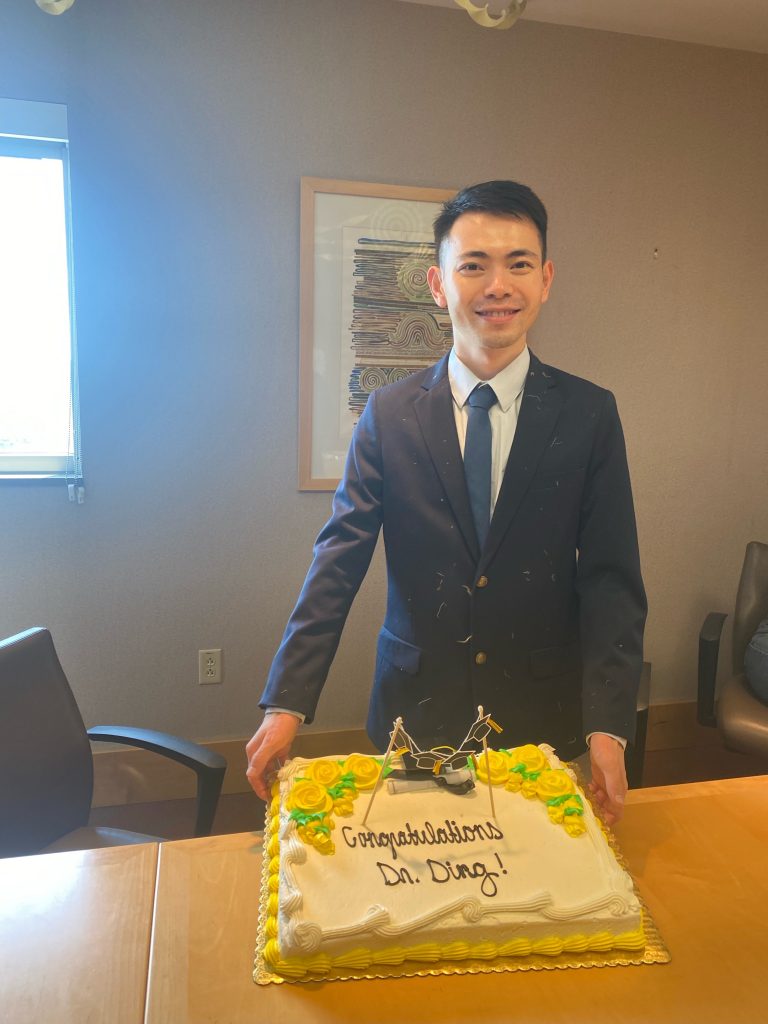
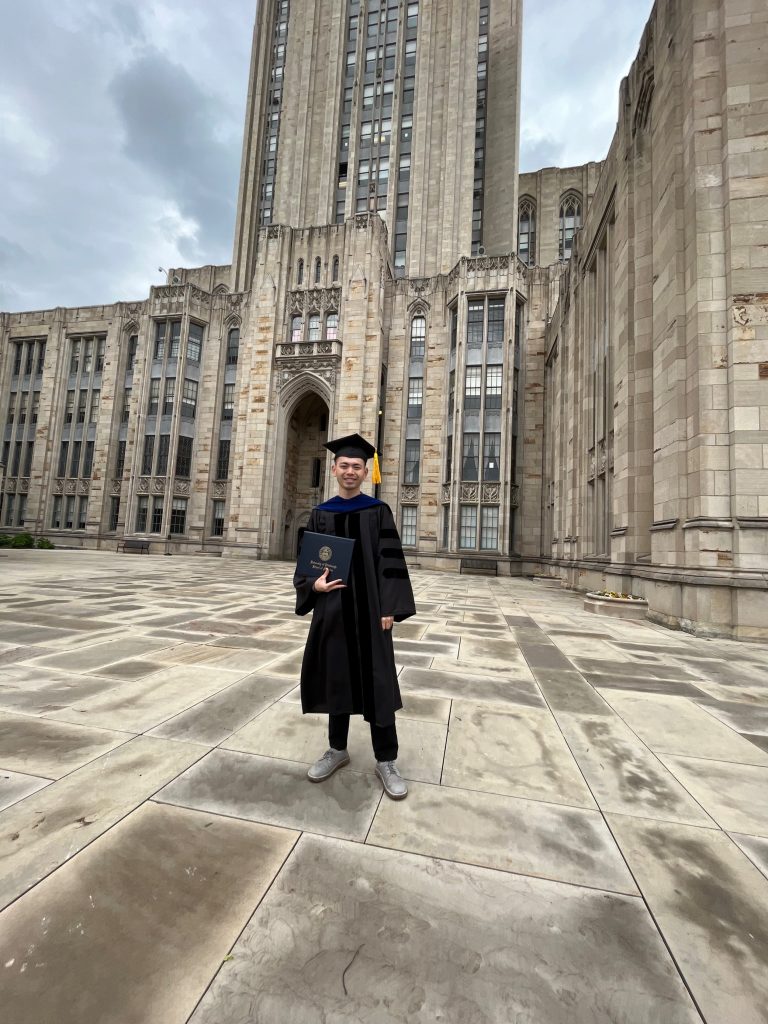
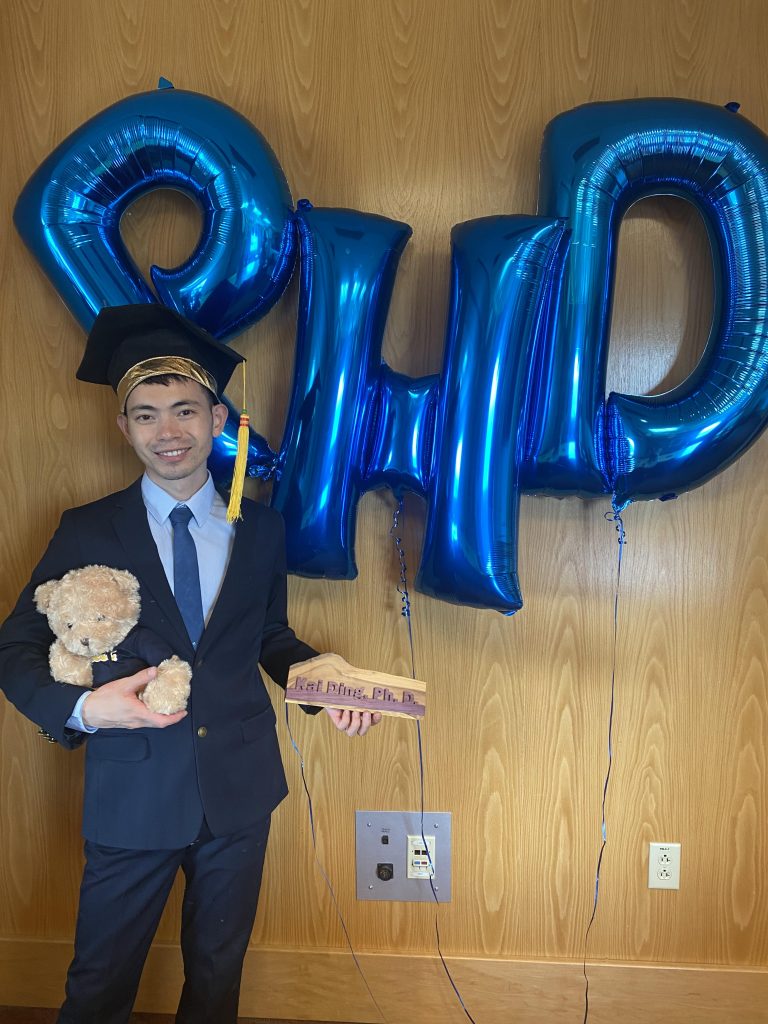
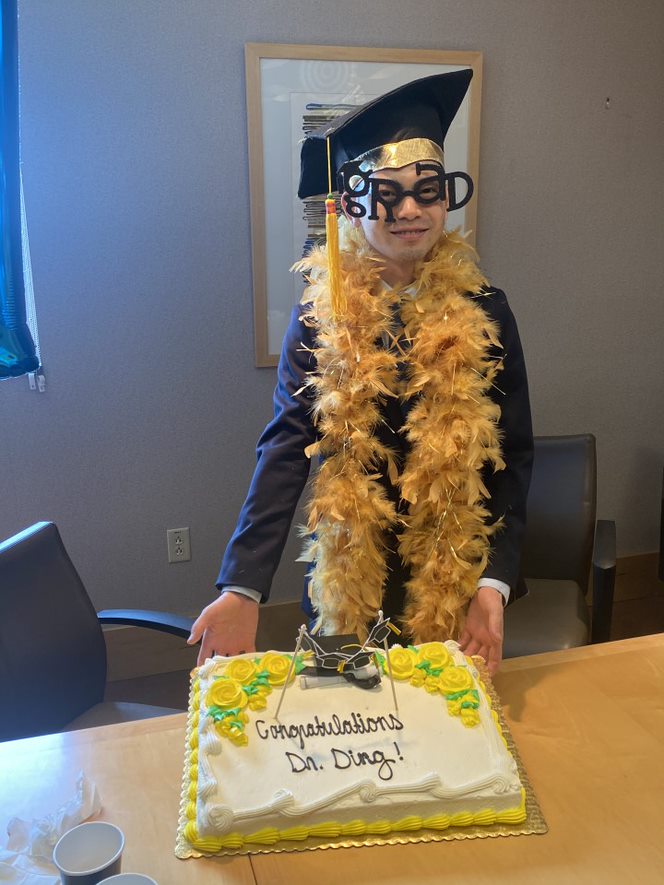
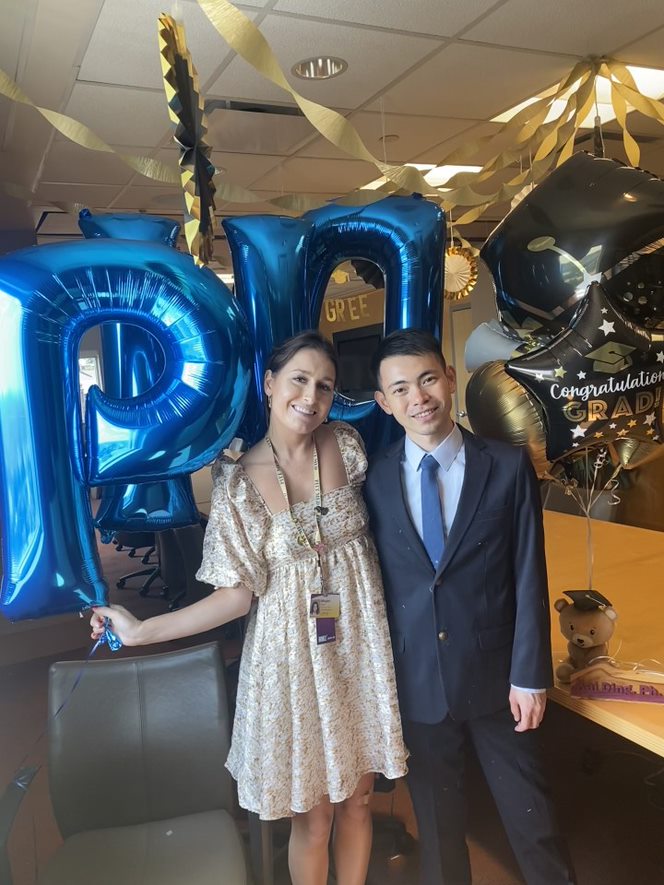
Congratulations to Adrian and Steffi who were invited to attend the 2022 Pitt Faculty Honors Convocation Ceremony and received medals recognizing their distinguished accomplishments. Adrian received his medal for his position as the Pittsburgh Foundation Endowed Chair in Precision Medicine. Steffi received her medal for her position as the Shear Family Endowed Chair in Breast Cancer Research.
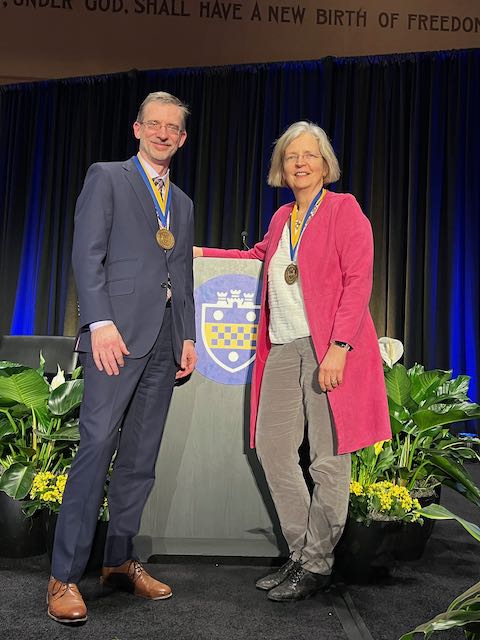
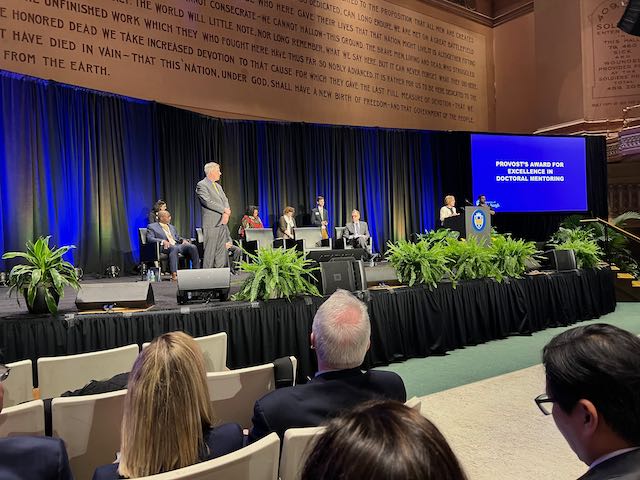
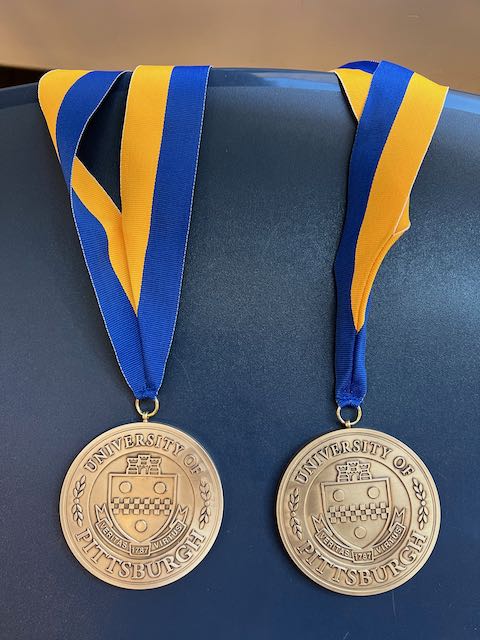
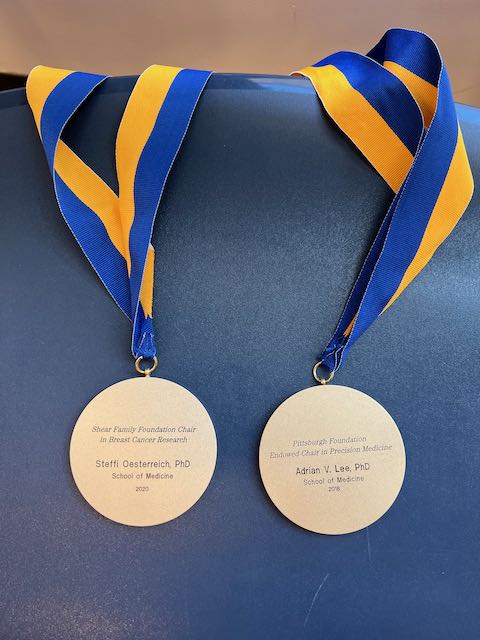
Ashuvinee Elangovan, Ph.D. successfully convinced her committee that her project entitled “Loss of E-Cadherin Activates a Targetable IF1R Pathway in Invasive Lobular Breast Cancer” is worthy of a Philosophiae Doctor! Cheers to Ashu!!
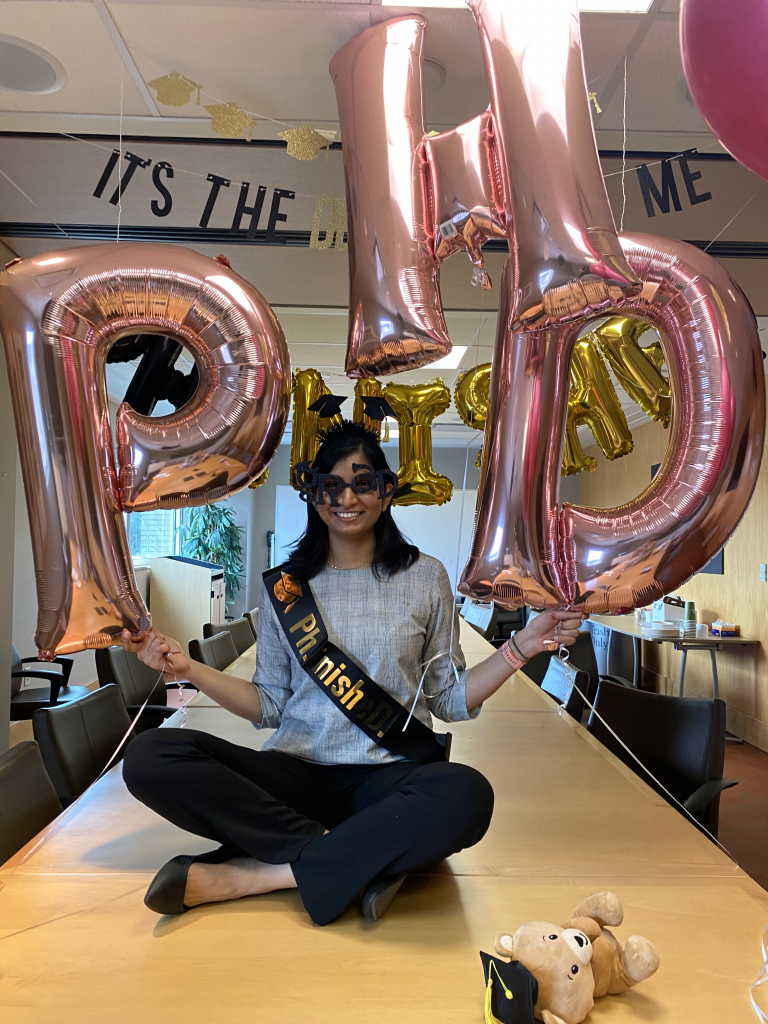
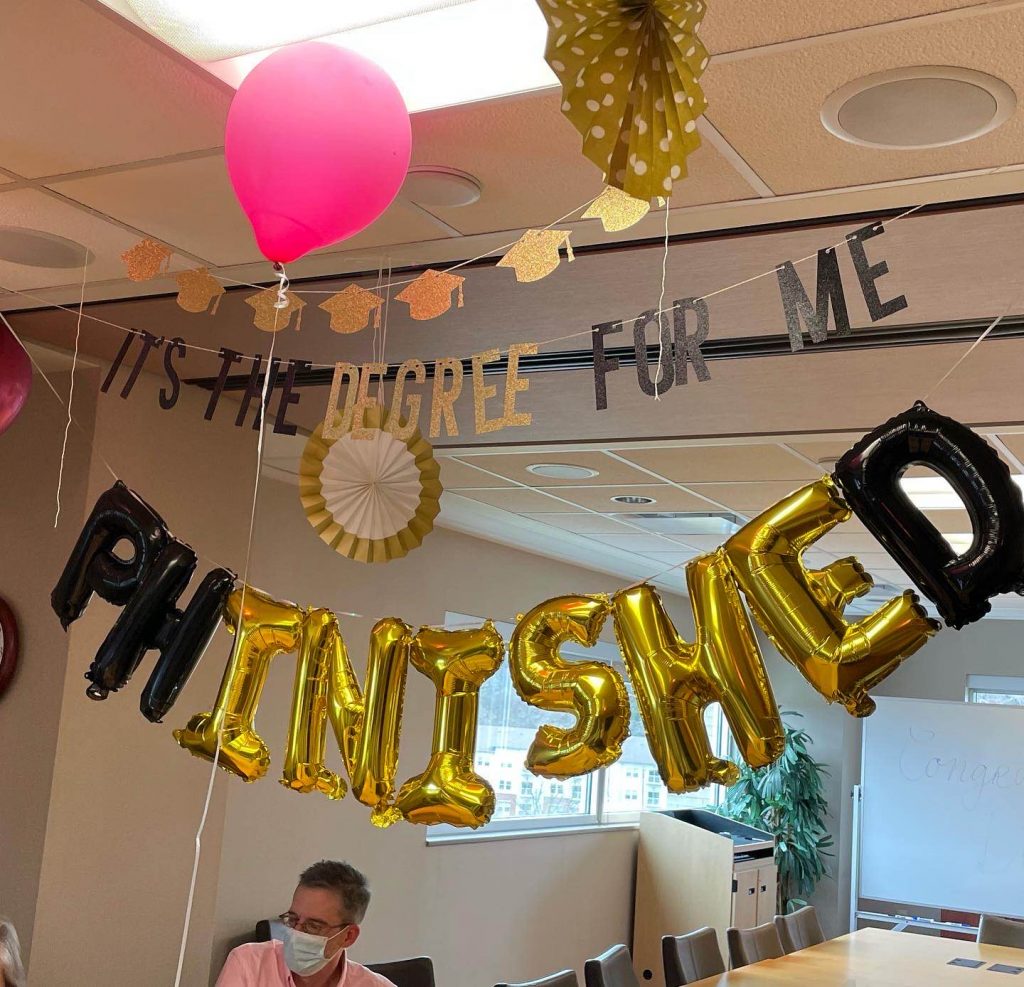
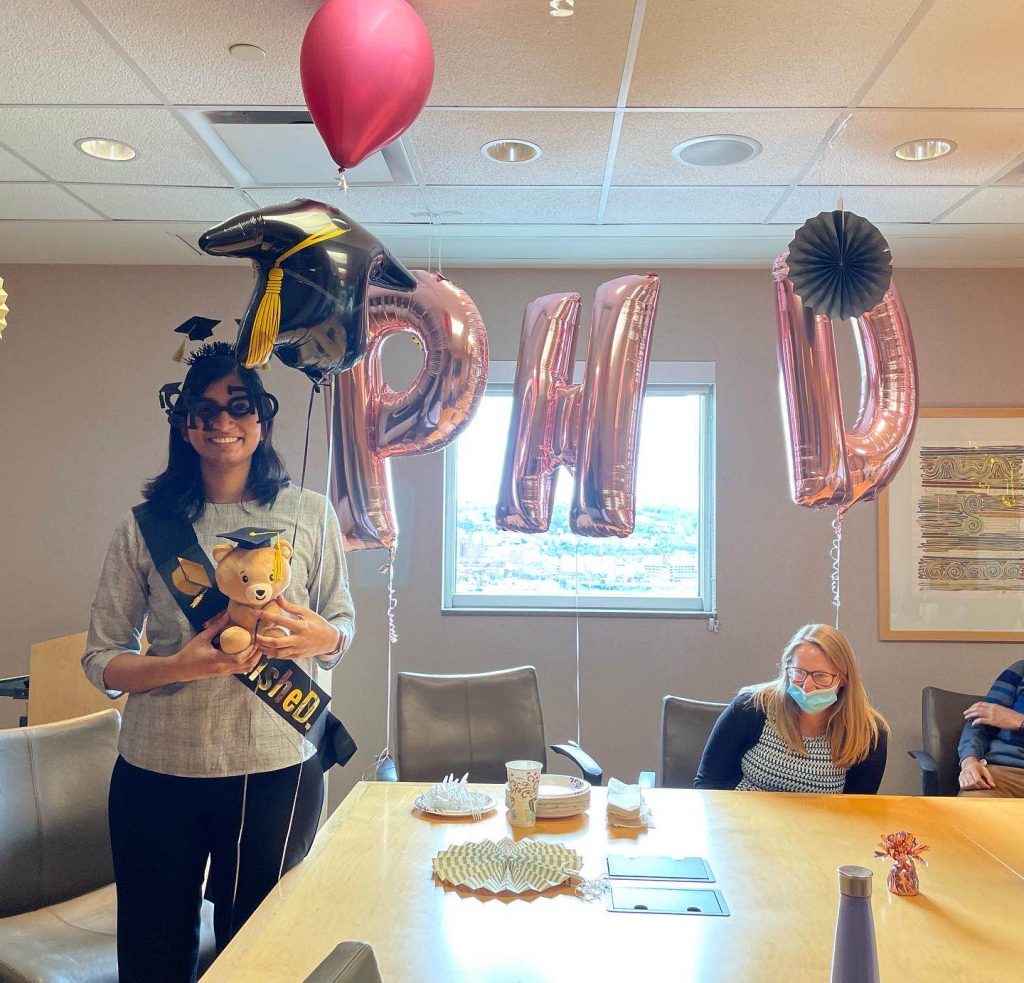
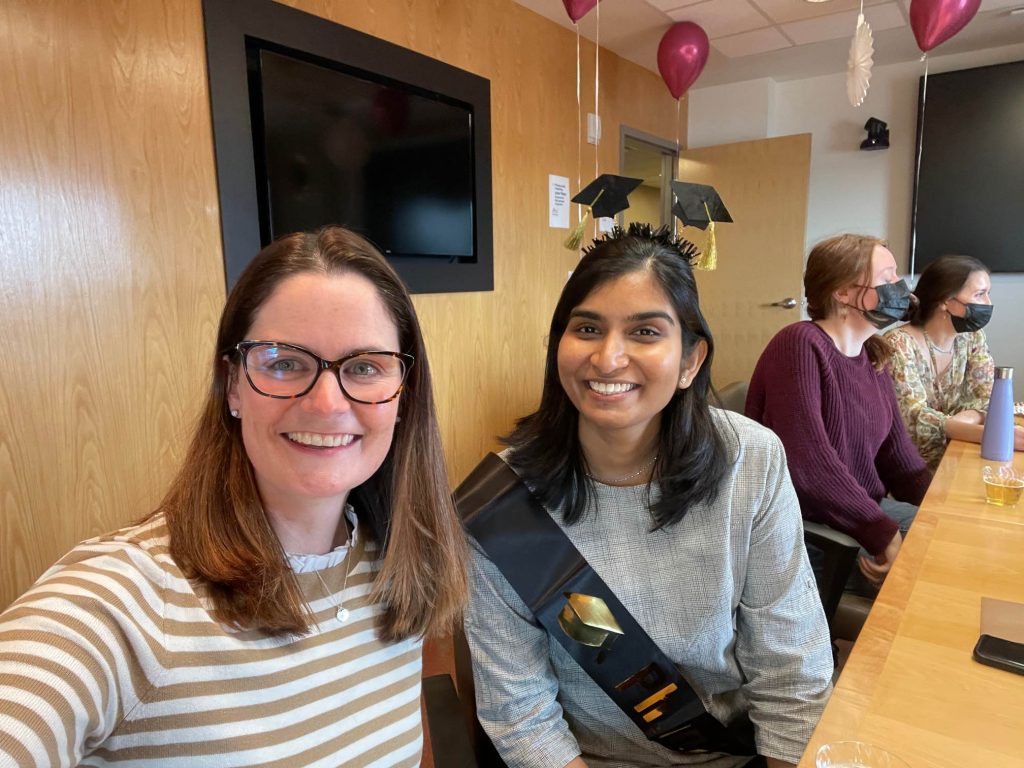
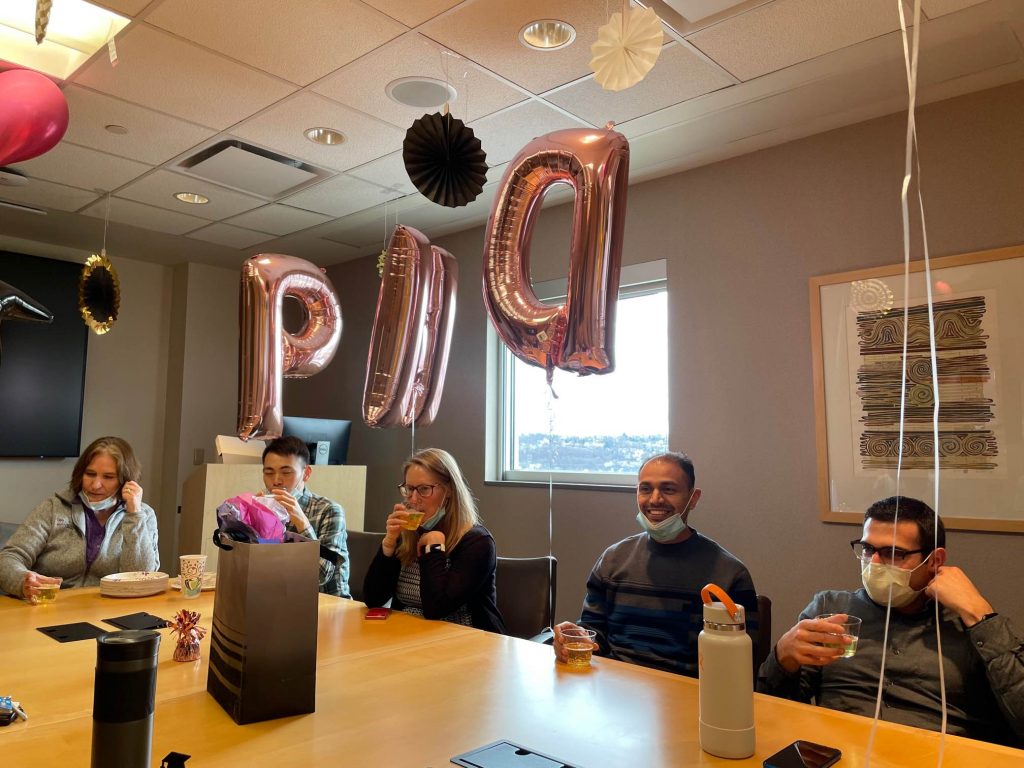
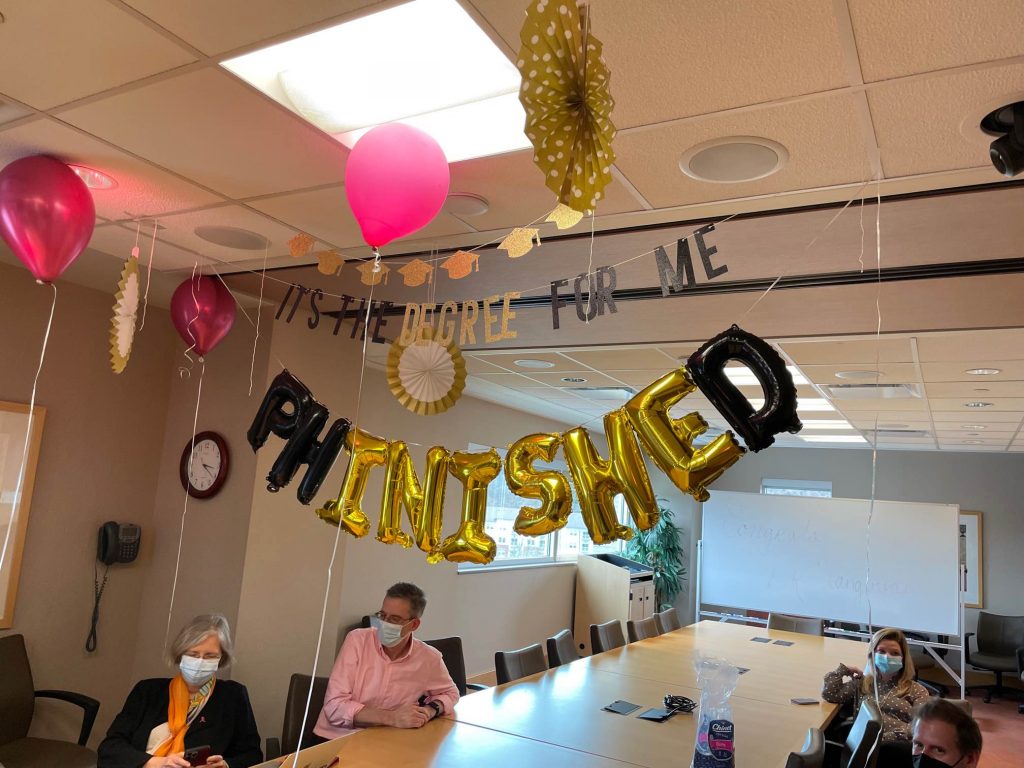
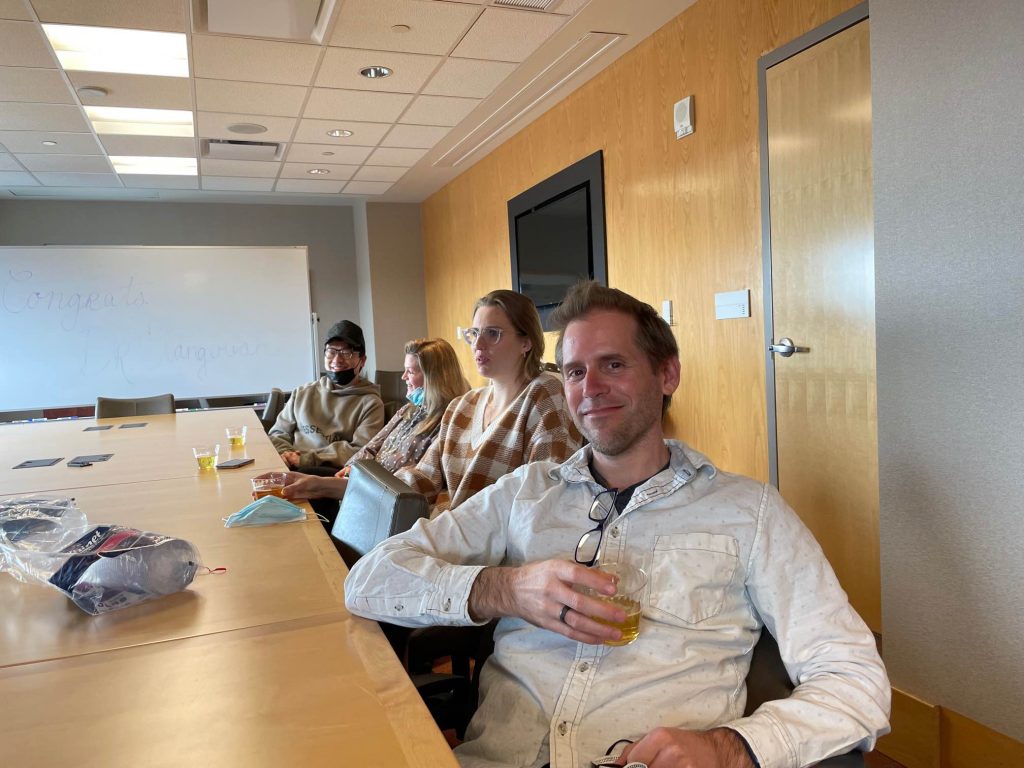
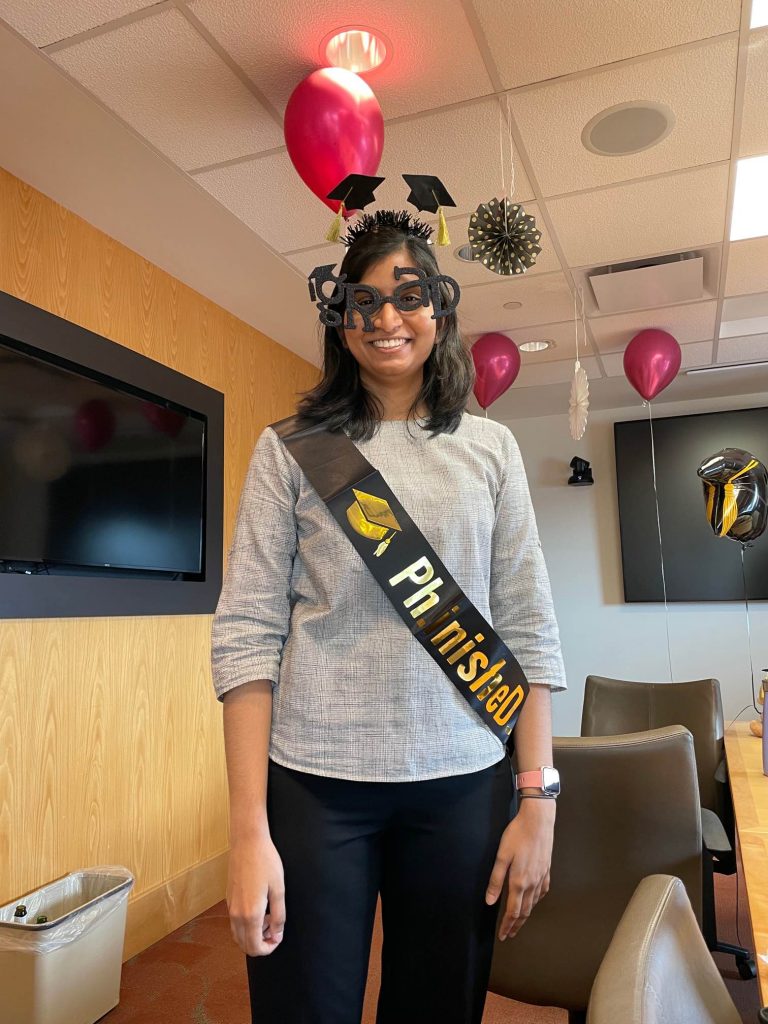

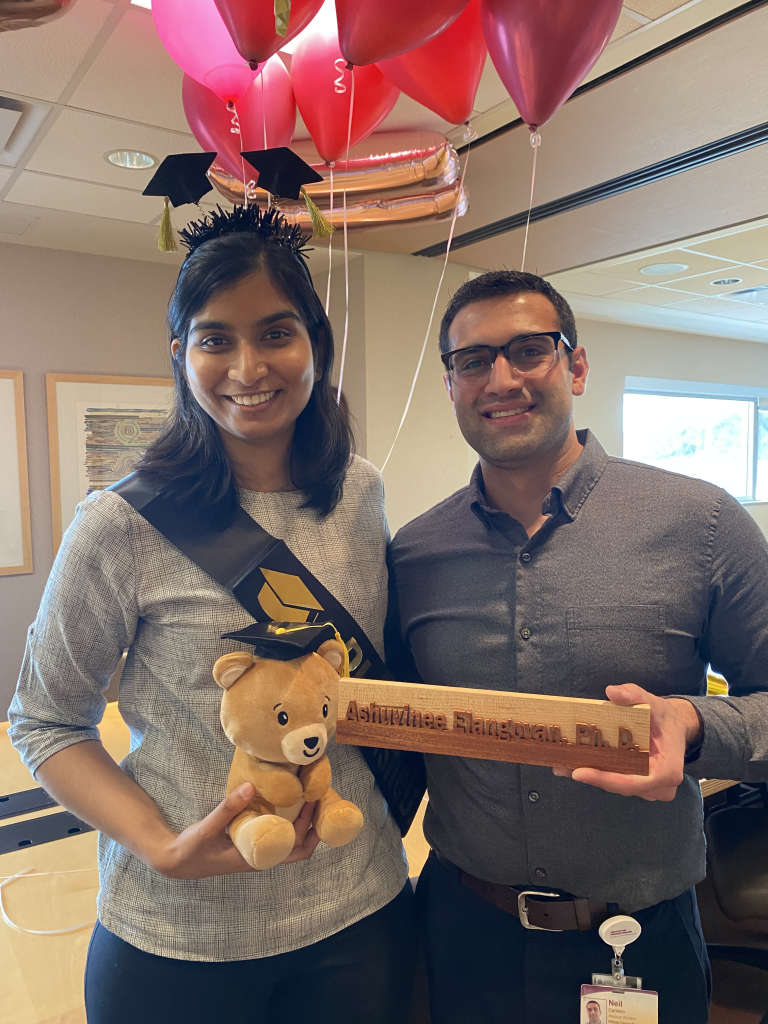
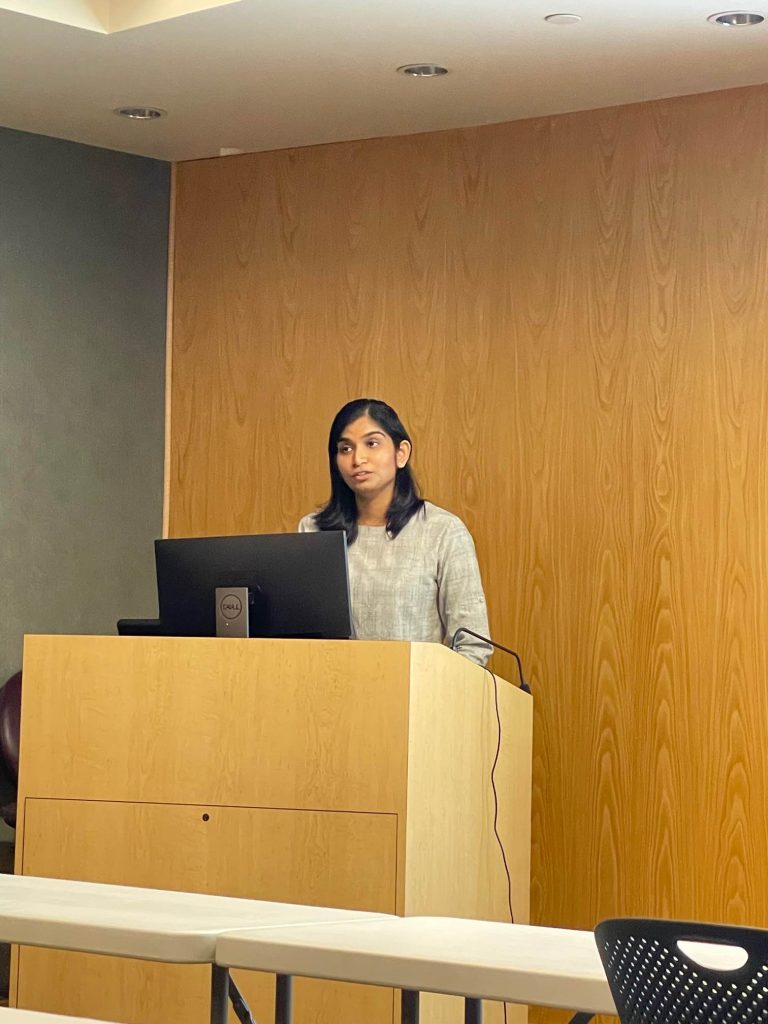
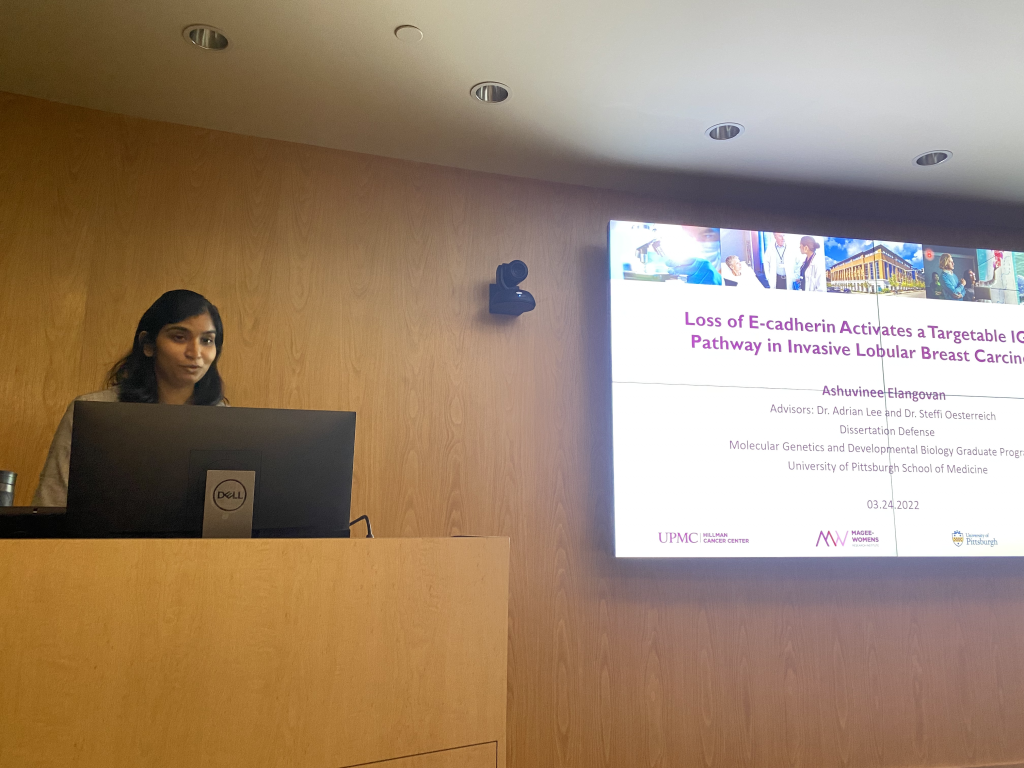
Congrats to Vaciry Li for the feature in the Pitt School of Medicine Newsletter!
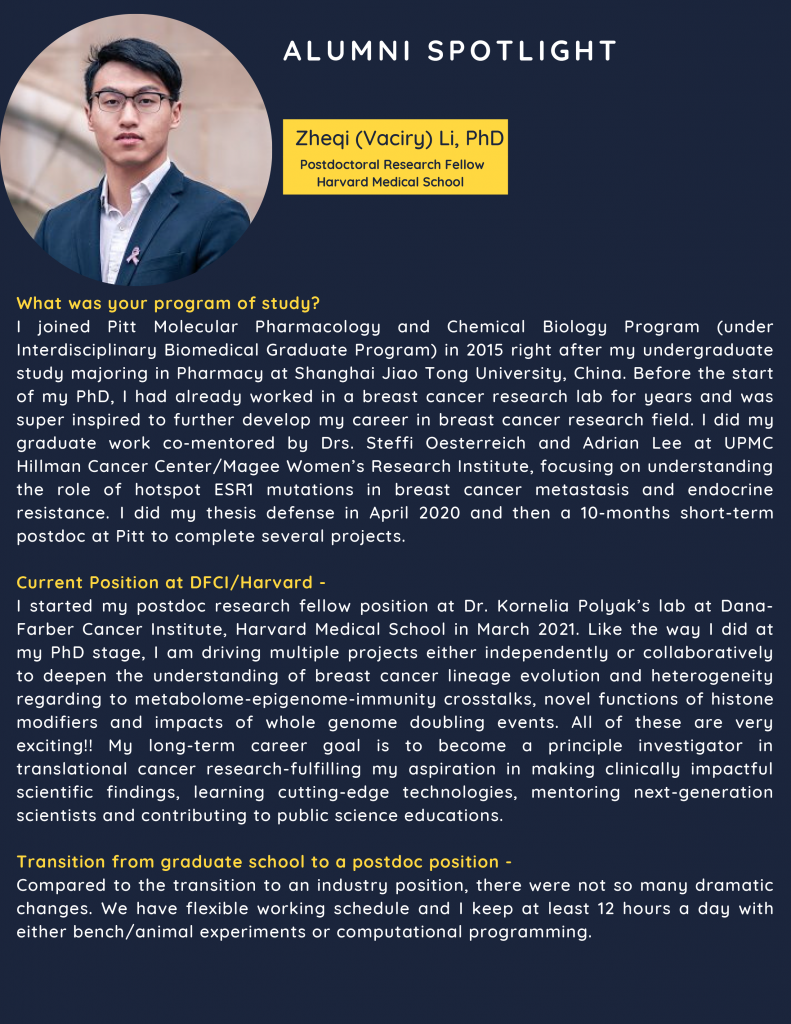
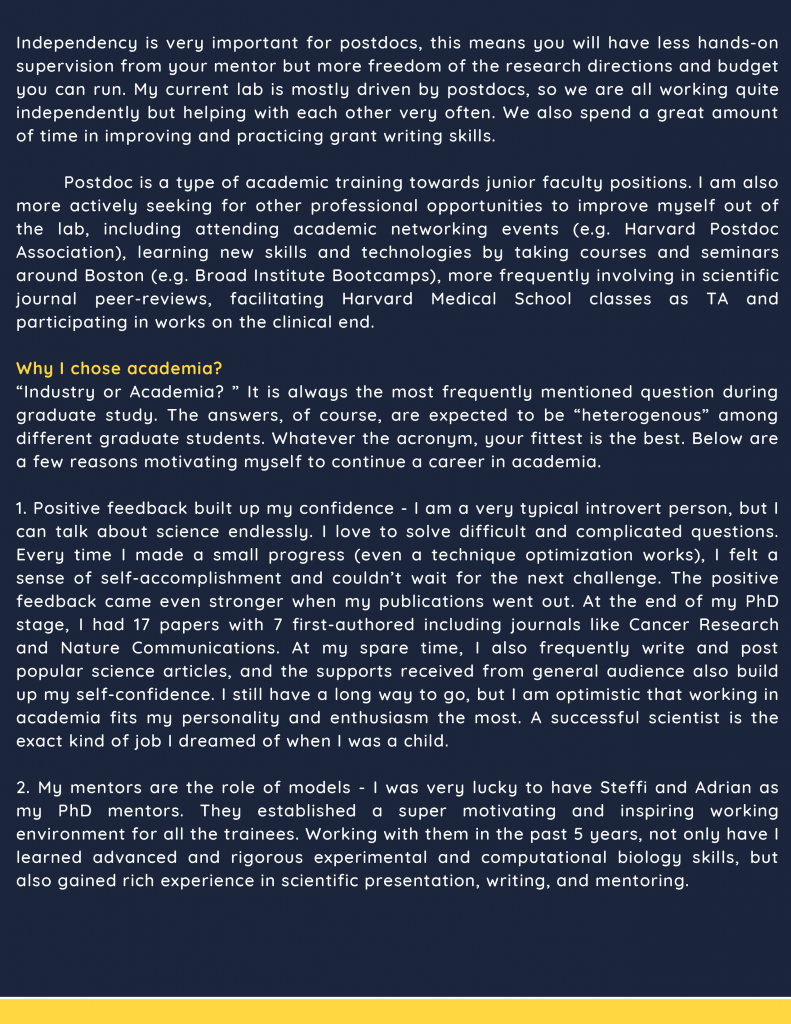
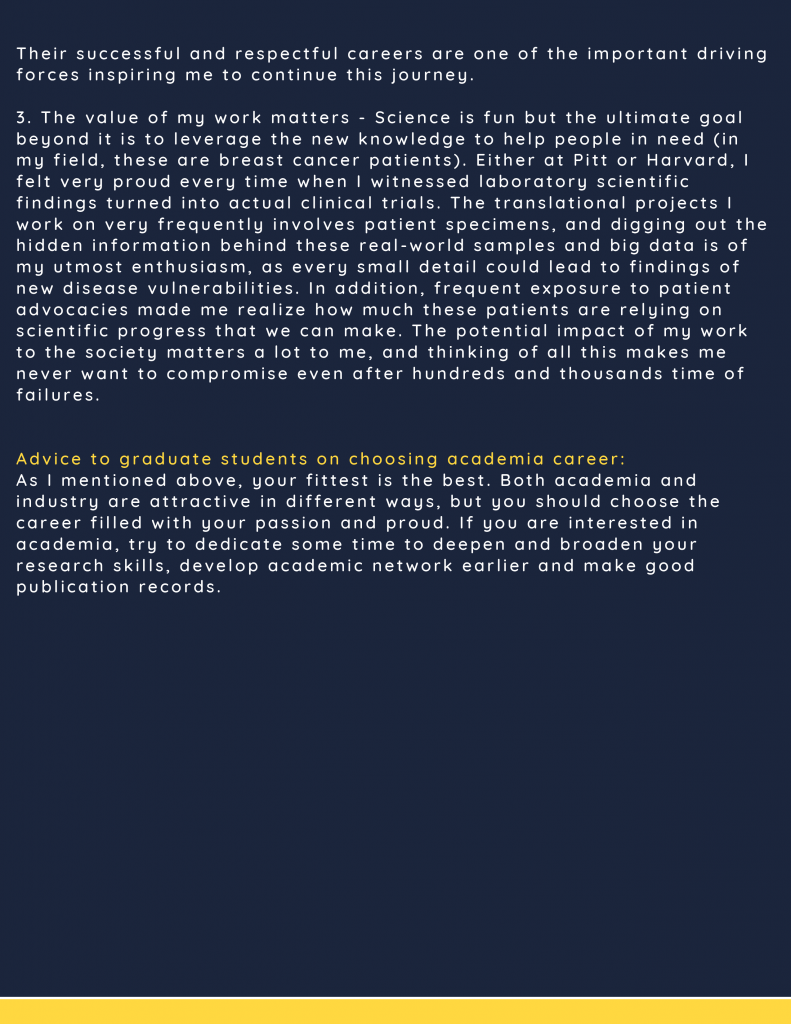

Congrats to Osama Shah for receiving the “Peggy Ogden Women’s Health Fellowship award” from Foundation of Women Wellness (FWW) for his research project “Comprehensive Molecular Characterization of Cell Line Models of Invasive Lobular Breast Cancer”. FWW’s Fellowship Awards recognize and support emerging physician-scientists working in women’s health disciplines.
Invasive lobular carcinoma (ILC) is a poorly studied subtype of breast cancer. ILC remains understudied in part due to lack of appropriate laboratory models in which to study this disease. Osama’s project is focused on performing molecular characterization of reported ILC cell lines and investigating which of these cell lines recapitulate the molecular landscape of human ILC disease towards identifying suitable models for ILC research.
Osama thanks Dr. Lee, Dr. Oesterriech, and Dr. Xavier for their outstanding mentorship.
Congrats to Kai Ding for his Best Presentation Award and to Ashuvinee Elangovan and Dr. Daniel Brown for Poster Awards. 300 attendees came together virtually for the 4th Annual Great Lakes Breast Cancer Symposium (GLBCS) October 25-26. 2021.
Congratulations to Ashuvinee Elangovan on winning 2nd place for her poster “Loss of E-cadherin Induced IGF1R Activation as a Targetable Pathway for Invasive Lobular Breast Carcinoma” at the 33rd Annual UPMC Hillman Cancer Center Scientific Retreat held on October 12th, at the Soldiers & Sailors Memorial Hall & Museum. Several lab members also presented their posters, including Neil Carleton, Kai Ding, Nandini Doshi, Olivia McGinn, Susrutha Puthanmadhom, Laura Savariau, Osama Shah, & Megan Yates.
